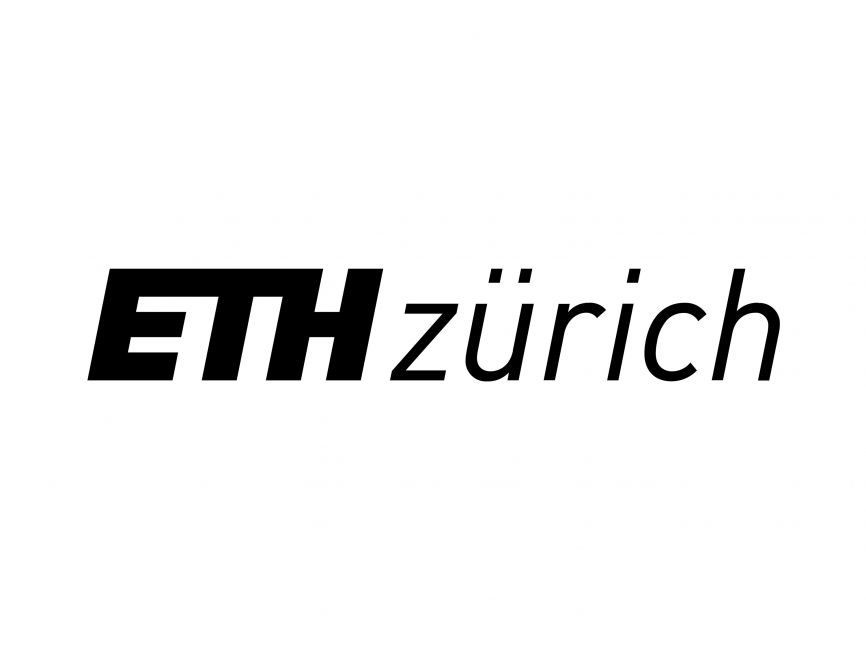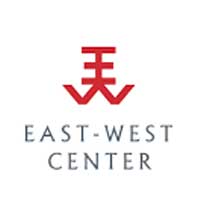Danish Government Scholarships
Danish Scholarships for Pakistani Students

Study abroad expert advice
Don't waste time! just fill the form to get help.
Danish Government Scholarships for Non-EU/EEA Students
For ambitious students from Pakistan and other nations outside the European Union and European Economic Area, the Danish Government Scholarships represent a transformative opportunity to pursue higher education in Denmark. This popular scholarship program is not a single, centralized fund but is administered by individual Danish universities, each with its own allocation and specific award criteria. The initiative is a strategic effort by the Danish Ministry of Higher Education and Science to attract highly talented international students to full-degree programs, enriching the academic environment and fostering global networks. The focus is squarely on master's degree programs, which are typically taught in English and align with Denmark's strengths in fields like engineering, life sciences, design, and sustainable development.
Financial Benefits and Coverage
The financial model of these scholarships is designed to significantly offset the cost of studying in Denmark for non-EU/EEA citizens. The most common structure provides a full or partial tuition fee waiver, which is a substantial benefit given the annual tuition fees for international students. Some universities enhance this support by offering a monthly living cost grant to help cover expenses such as accommodation, food, and transportation. It is crucial to understand that the application for the scholarship is integrated directly into the application for admission to the chosen master's program at the participating university; there is no separate, standalone scholarship application portal managed by the government.
Eligibility and Application Strategy
Eligibility is stringent and competitive. Applicants must be citizens of a country outside the EU, EEA, and Switzerland. They must have received a time-limited residence permit for the purpose of studying a higher education program in Denmark. Crucially, they must have been admitted to a full-time higher education program at a participating Danish institution. The selection is primarily based on academic excellence, making a strong undergraduate GPA, relevant coursework, and a compelling statement of purpose vital for Pakistani applicants. Proactive research into the specific deadlines and criteria of each university's iteration of this popular scholarship program is non-negotiable for success.
Top Universities Offering the Scholarship
Pakistani students should target renowned institutions like the University of Copenhagen, Aarhus University, and the Technical University of Denmark (DTU), which consistently offer these awards. Other excellent options include the University of Southern Denmark and Aalborg University, particularly for engineering and tech fields. Each institution publishes detailed information on their official websites regarding the number of grants, exact benefits, and application procedures for their allocated Danish Government Scholarships for non-EU/EEA students. Starting preparations early, at least a year in advance, is essential to meet all admission and scholarship deadlines seamlessly.
The Danish Government Scholarships (for non-EU/EEA students) are a prestigious funding opportunity designed to attract high-achieving students from countries such as Pakistan to pursue full-degree higher education in Denmark. These scholarships are administered via Danish universities, meaning your university department often handles selection based on academic merit and institutional policies.
Programs Covered Under the Scholarship
Danish Government Scholarships primarily support postgraduate degrees, particularly Master’s and PhD programs. Undergraduate scholarship opportunities under this scheme are rare, but some universities may offer limited funding for bachelor’s students.
Fields of Study
- Scholarships may cover a broad spectrum of academic disciplines, including:
- Engineering & Technology (e.g. IT, Mechatronics)
- Business & Management (e.g. Economics, Finance)
- Social Sciences (e.g. International Development, Political Science)
- Natural Sciences & Mathematics
- Arts, Design & Architecture
- Education, Training & Leadership
- Humanities, Media, Journalism, Law, Health Sciences
Popular Participating Universities
Some of the leading Danish universities that accept non-EU/EEA scholarship applicants include:
- University of Southern Denmark (SDU)
- University of Copenhagen (UCPH)
- Technical University of Denmark (DTU)
- Copenhagen Business School (CBS)
- Aarhus University (AU)
- Aalborg University (AAU)
- Roskilde University (RUC)
- IT University of Copenhagen (ITU)
Each institution handles scholarship selection differently, so visit their official pages on “Tuition & Scholarships for international students.”
Key Benefits of Danish Government Scholarships
These scholarships offer several life-changing benefits that help make studying in Denmark more affordable and accessible:
1. Tuition Fee Waiver (Full or Partial)
One of the top perks is full or partial coverage of tuition fees. In many cases, the scholarship covers the entire tuition cost for your program. In other cases, it may reduce your tuition burden by covering a significant percentage.
2. Monthly Living Stipend
In addition to tuition coverage, many scholarships include a monthly stipend to assist living expenses. Typically in Denmark the stipend ranges from DKK 6,090 to DKK 7,000 (approx. EUR 816 to EUR 950) before taxes. This grant can help with rent, food, transport, and daily needs.
3. Other Possible Benefits
Although not guaranteed, some scholarships may also cover travel costs (such as airfare), health insurance, or other allowances. The included benefits vary by university and scholarship framework.
Who Is Eligible? Eligibility Criteria at a Glance
To apply as a Pakistani or other non-EU/EEA applicant, you generally must satisfy the following:
- Citizenship & Nationality - You must be a citizen of a country outside the EU/EEA (for example, Pakistan). Students from EU/EEA countries usually follow different funding rules.
- Admission to a Danish University Program - Before you can secure the scholarship, you must obtain admission to a full-time degree program (Master’s or PhD) at a Danish institution. The scholarship is typically awarded based on your university’s recommendation.
- Academic Excellence - Strong academic performance is essential. Applicants typically need a high GPA or excellent grades in their undergraduate or prior studies. Competitive applicants with outstanding academic records have a better chance of being awarded.
- English Language Proficiency - Most international programs in Denmark are taught in English, so you’ll need proof of English ability, for example:
- IELTS: often a minimum of 5 for Master’s programs (some programs require 7.0).
- TOEFL: acceptable scores typically include 575 (paper-based), 230 (computer-based), or 88 (internet-based).
- Program-Specific Requirements - Individual programs may impose additional conditions (e.g. prerequisites, portfolios, standardized tests). Always verify the detailed requirements for your desired course.
- No Previous Danish Funding - In many cases, applicants must not have had a previous Danish Government Scholarship or similar funding award from a Danish university. Check each university’s rules in this regard.
How to Apply: Step-by-Step Guide
You generally apply for the scholarship as part of your university application. Here’s a breakdown of the process:
1. Choose Your Program & University
Research Danish universities and their Master’s or PhD offerings. Use keywords like “tuition & scholarship for international students Denmark” or “Danish Government Scholarship” to locate scholarship pages.
2. Review Admission & Scholarship Requirements
Carefully inspect both admission criteria (e.g. prior degrees, GPA, prerequisites) and scholarship eligibility (e.g. nationality, grades, English test).
3. Prepare Required Documents
Typical documents include:
- HEC-verified (or equivalent) academic transcripts and diplomas (with English translations)
- Course descriptions or syllabi
- IELTS/TOEFL test score report
- Curriculum vitae (CV) / Resume
- Personal statement or motivation letter
- Two academic letters of recommendation
- Copy of valid passport
- Application fee receipt (if applicable)
- Research proposal (for PhD applicants)
Always check your chosen university’s updated scholarship application instructions.
4. Submit the University Application
Apply online through the university’s portal. Upload all documents as required. In many cases, eligible international applicants are automatically considered for scholarship funding (no separate application form).
5. Observe Deadlines
Pay careful attention to deadlines. Danish universities generally follow two intakes per year (autumn and spring). Missing deadlines can disqualify you from both admission and funding opportunities.
6. Possible Interview
Universities may request a short online interview to assess your motivation, clarity of research goals, or subject knowledge.
7. Scholarship Decision & Admission Offer
Successful candidates will receive a combined admission plus scholarship offer. Accept the offer within the stipulated timeframe.
Danish Government Scholarships: Frequently Asked Questions (FAQ)
1. Can Pakistani students apply?
Yes — As long as you hold Pakistani citizenship and satisfy the eligibility criteria for non-EU/EEA students, you can apply for Danish Government Scholarships.
2. Is IELTS (or TOEFL) mandatory?
Yes — Proof of English proficiency is typically required. For Master’s programs, universities commonly expect IELTS 6.5 or higher (some require 7.0). For TOEFL, scores like 575 (paper), 230 (computer), or 88 (internet) are often accepted.
3. Must I know Danish to study in Denmark with this scholarship?
If your chosen program is taught in English, you do not need to know Danish. However, learning some Danish may be beneficial for everyday life, internship opportunities, and social integration.
4. Are these scholarships fully funded?
Many are fully funded, covering full tuition and offering a monthly stipend. Others may provide partial funding, such as tuition waiver only. Always check the terms for your selected university program.
5. Which academic levels are supported?
Primarily Master’s and PhD degrees are supported. Undergraduate funding is rare under this scheme, but sometimes universities may offer internal scholarships for bachelor’s programs.
6. Do I need a separate scholarship application?
Typically, no. Most Danish universities review international applications and automatically consider eligible students for government scholarships. However, always confirm with your university of choice.
7. What’s the typical duration of support?
Scholarship coverage generally matches the duration of your course — e.g. 2 years for most Master’s programs, 3 or more years for PhD.
8. Can I work part-time while on the scholarship?
Yes, international students in Denmark are usually allowed to work part-time (up to 20 hours/week during academic semesters) and full-time during summer holidays. However, working too much may adversely affect your academic performance.
9. What are the average living costs in Denmark?
Living costs in Denmark depend on city and lifestyle. On average, students budget DKK 6,000 to DKK 10,000 per month for rent, food, transport, and personal expenses. The scholarship stipend is often designed to help cover part or all of these costs.
10. Where to find official information and updates?
For accurate, up-to-date details:
- Visit the official Study in Denmark website
- Go to the international tuition & scholarships section of your chosen Danish university
- Search for “Danish Government Scholarship non-EU/EEA” or “Scholarships for international students in Denmark”
Related Popular Scholarships
| Scholarship Name | Type | Category | Action |
|---|---|---|---|
| Popular |
All Levels
|
View Details | |
| Popular |
All Levels
|
View Details | |
| Popular |
All Levels
|
View Details | |
| Popular |
All Levels
|
View Details | |
| Popular |
All Levels
|
View Details | |
| Popular |
All Levels
|
View Details | |
| Popular |
All Levels
|
View Details | |
| Popular |
All Levels
|
View Details | |
| Popular |
All Levels
|
View Details | |
| Popular |
All Levels
|
View Details |

Get Latest Scholarships in Your Email
Subscribe to our scholarships alert and get notified for every new scholarships of your choice

Subscribe to Scholarship Alerts
Get the latest scholarships delivered to your inbox
Thank You!
You've successfully subscribed to our scholarship alerts.
Redirecting in 3









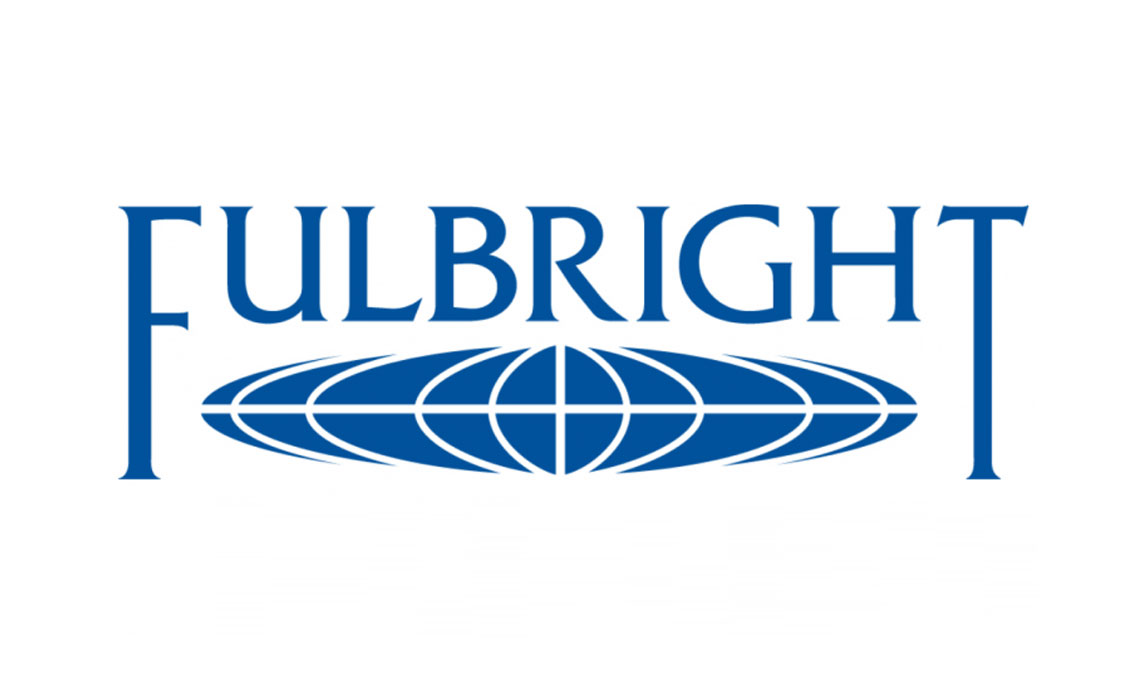
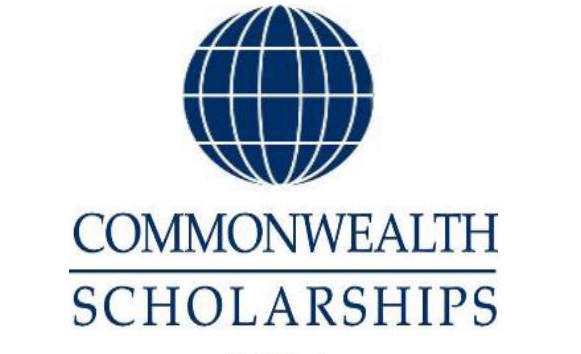


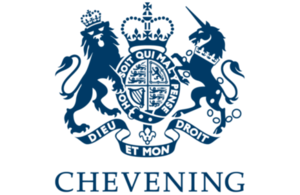
.jfif)
